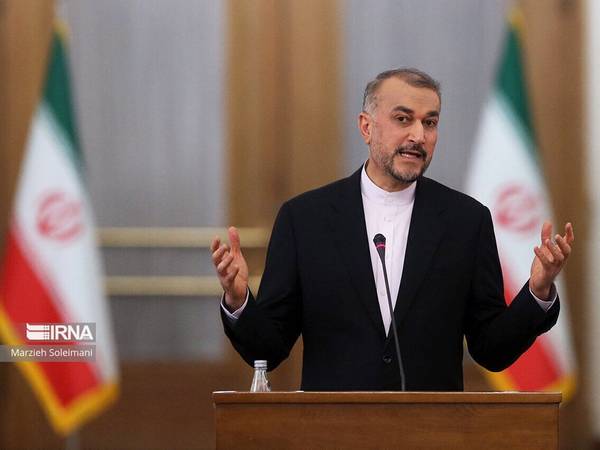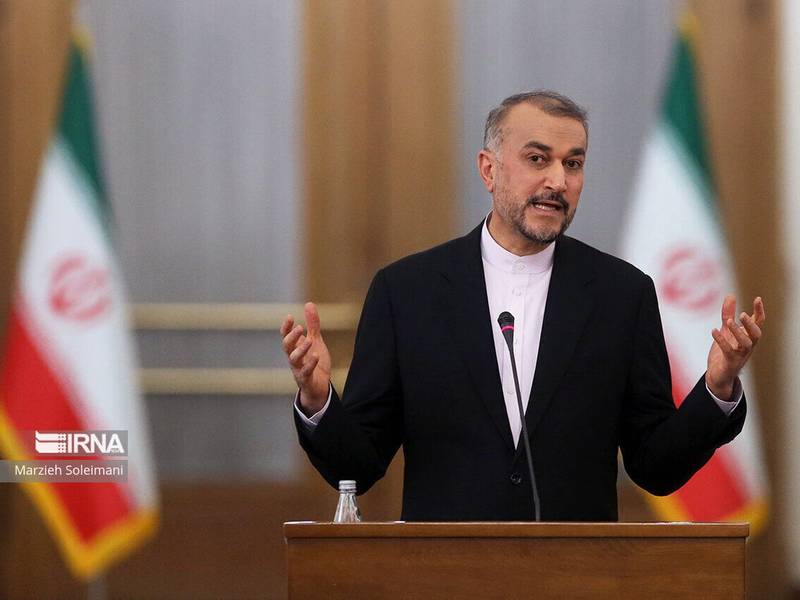Within hours after the resumption of fighting between Iran-backed Hamas and Israel, Tehran’s top diplomat called for an extension of the ceasefire.
Foreign Minister Hossein Amir-Abdollahian said Friday, "No solution exists other than an open-ended ceasefire, extensive delivery of humanitarian aid and an agreement on fresh exchange of prisoners." The truce saw the release of 105 Israeli captives held in Gaza and 240 Palestinian prisoners.
"Progress of the Washington and Tel Aviv war means new genocide in Gaza and West Bank,” he said, calling on the US and Israel to “Stop the war on Gaza before it’s too late.” He warned that Israeli hostages " will rather be killed in the bombings."
Nasser Kanaani, the spokesman of the Foreign Ministry, also released a statement similar to that of his boss, pointing the finger at Israel for the failed truce while Israel blames Hamas for firing rockets into Israel and not releasing all the abducted women and children it has in its custody.
Iran supports Hamas but says it did not play any role in the Islamist militants' October 7 terror attack that triggered the current crisis. Iran also backs the Hezbollah, a Lebanese militant group that has deep ties with Hamas and Islamic Jihad, another Palestinian faction in Gaza that is also backed by Iran.
The war in Gaza has also escalated tensions in the West Bank, where Palestinian sources claim about 240 Palestinians have been killed since the Hamas operation.
The war, initiated by the Hamas invasion on October 7, resulted in at least 1,200, mostly civilians losing their lives, and an additional 240 taken hostage. Retaliatory attacks have left over 15,000 dead in Gaza, with hundreds of thousands displaced. Israel pounded the enclave to uproot the Islamist group, which has made the war exceedingly bloody hiding deep among the civilian population and underneath the coastal sliver’s non-military facilities.

